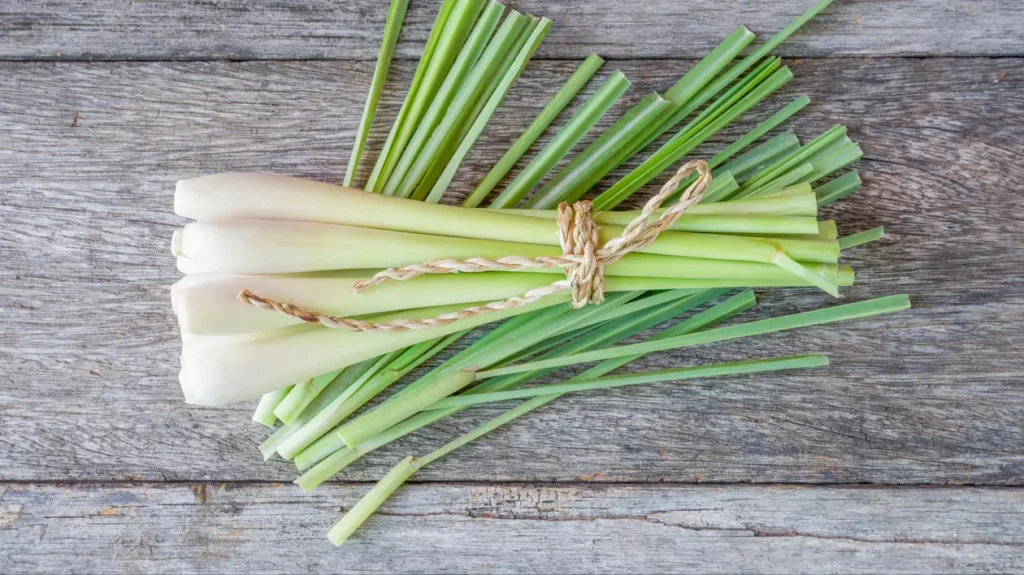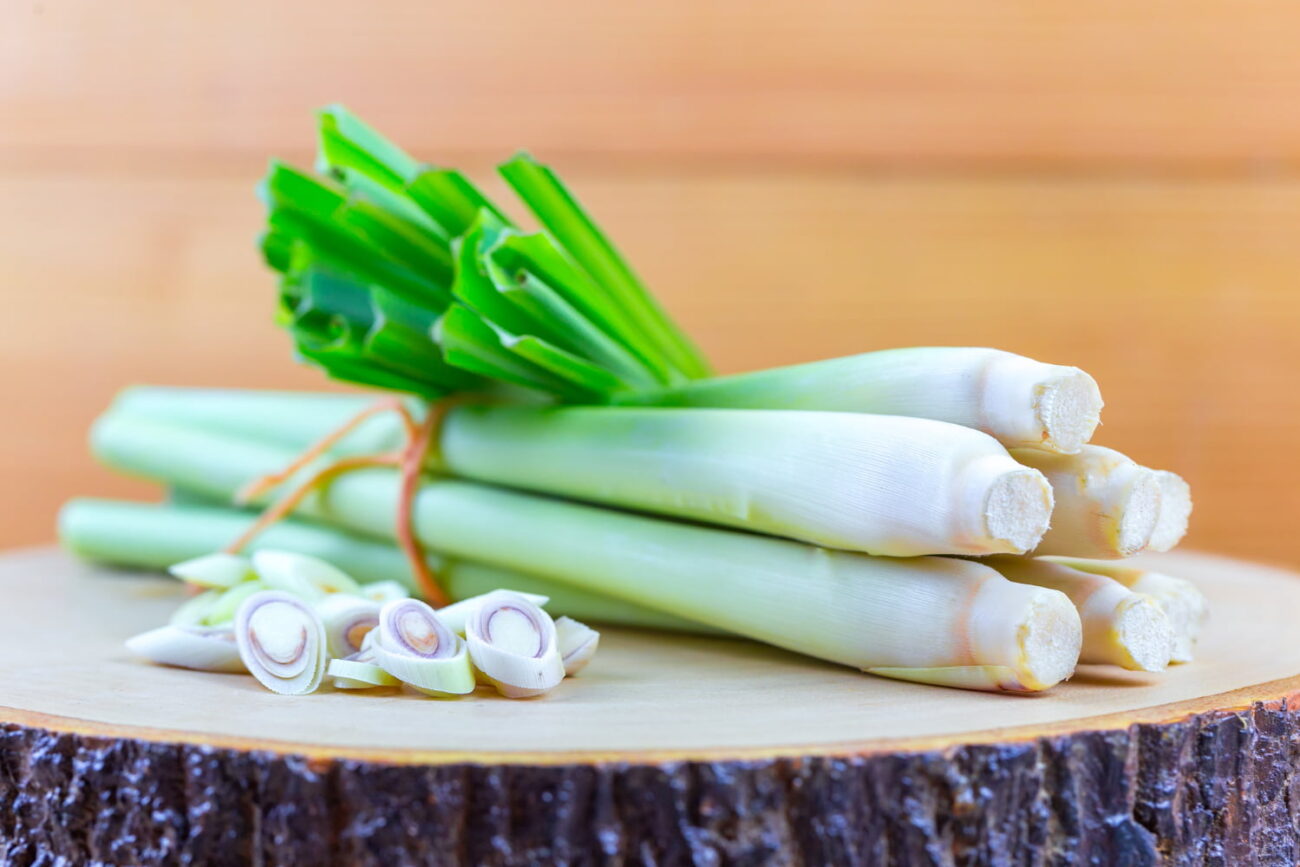With its bright, citrusy aroma and refreshing taste, lemongrass is a beloved herb in kitchens and teacups around the world. Native to Asia, lemongrass (scientific name: Cymbopogon citratus) is a staple in Thai, Vietnamese, and Indian cuisine—but this flavorful grass offers far more than just a delicious zest to soups and teas.
Behind its fragrant profile lies a powerful natural remedy packed with antioxidants, anti-inflammatory compounds, and essential nutrients. Whether you’re sipping it in tea or using it in essential oil form, lemongrass delivers a wide range of health benefits that support the body and mind.
What Is Lemongrass?
Lemongrass is a tropical plant that resembles tall blades of grass and is known for its lemon-like aroma and slightly spicy flavor. While the stalk is commonly used in cooking, its leaves and essential oil are widely used in herbal medicine and aromatherapy.
It contains several bioactive compounds, including:
- Citral – Gives lemongrass its signature citrus scent and offers antimicrobial and anti-inflammatory properties
- Geraniol and Myrcene – Natural antioxidants
- Flavonoids and Phenolic Compounds – Provide a wide range of health-boosting effects
Top Health Benefits of Lemongrass
1. Powerful Antioxidant Properties
Lemongrass is rich in antioxidants that help combat oxidative stress, a key contributor to aging and chronic diseases. These antioxidants protect your cells from free radical damage and support overall cellular health.
2. Aids Digestion
Lemongrass tea has long been used as a natural remedy for digestive issues. It helps:
- Reduce bloating and gas
- Ease stomach cramps
- Improve digestion
- Fight gut infections
Its natural oils may also act as a mild diuretic, supporting detoxification.
3. Fights Inflammation
Chronic inflammation is at the root of many diseases, and lemongrass contains compounds that help reduce it. The anti-inflammatory action may help relieve symptoms of arthritis, muscle pain, and other inflammatory conditions.
4. Antibacterial and Antifungal
Studies show that lemongrass oil is effective against a variety of bacteria and fungi, including:
- E. coli and Staphylococcus aureus
- Candida albicans, a common cause of yeast infections
This makes it useful for skin care, wound healing, and fighting infections.
5. Supports Immune Function
Thanks to its antimicrobial and antioxidant properties, lemongrass may help the immune system ward off colds, flu, and minor infections—especially when consumed regularly as a tea.
6. Relieves Anxiety and Stress
Lemongrass essential oil is widely used in aromatherapy to reduce stress and promote relaxation. Its soothing scent can:
- Calm the nervous system
- Lower anxiety
- Improve sleep quality
Try diffusing the oil or adding a few drops to a warm bath.
7. May Help Regulate Blood Pressure
Some studies suggest that drinking lemongrass tea can help lower systolic blood pressure and reduce heart rate, making it a gentle natural support for cardiovascular health.
8. Supports Healthy Skin
Lemongrass’s antibacterial and anti-inflammatory effects make it useful in skincare for treating:
- Acne
- Oily skin
- Fungal infections
It’s often found in natural soaps, toners, and facial mists.
How to Use Lemongrass
1. Lemongrass Tea
One of the easiest and most popular ways to enjoy lemongrass is in tea. You can make it using fresh or dried leaves, or find it pre-packaged in herbal tea blends.
To prepare:
Steep 1–2 teaspoons of dried lemongrass (or a few fresh stalks) in hot water for 5–10 minutes.
2. Culinary Use
Lemongrass adds depth to soups, curries, and stir-fries. To cook with it:
- Use the white stalk (base) and discard the tough outer layers.
- Mince or crush to release flavor.
- Add to broths, marinades, or sauces.
3. Lemongrass Essential Oil
Use lemongrass essential oil in:
- Diffusers for relaxation
- Massage oils for sore muscles
- Skincare products for acne and fungal conditions
(Always dilute with a carrier oil before applying to skin.)
Precautions and Side Effects
While lemongrass is generally safe, consider the following:
- Pregnancy & breastfeeding: Consult your doctor before use.
- Skin sensitivity: Do a patch test before using lemongrass essential oil.
- Medication interactions: If you’re on diuretics or blood pressure meds, check with your healthcare provider before consuming lemongrass tea regularly.

With its vibrant flavor and rich medicinal properties, lemongrass is more than just a kitchen staple—it’s a natural health ally. Whether you’re looking to boost digestion, reduce inflammation, or simply unwind after a long day, lemongrass offers a soothing and therapeutic experience.
Have you tried lemongrass tea or essential oil?
Share your favorite uses and tips in the comments below!

